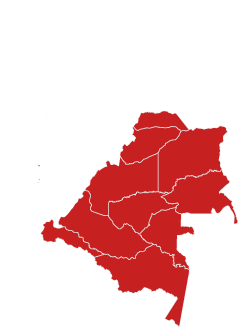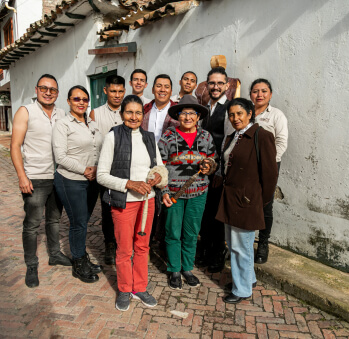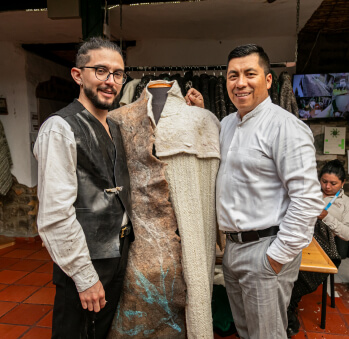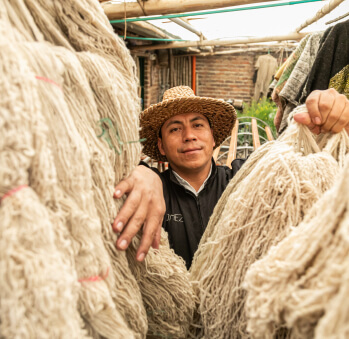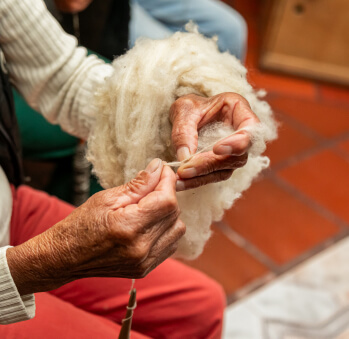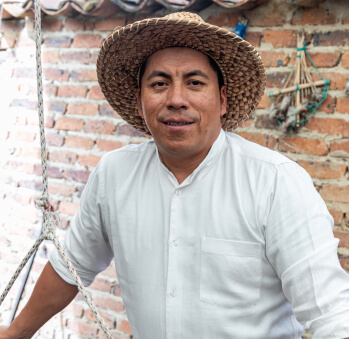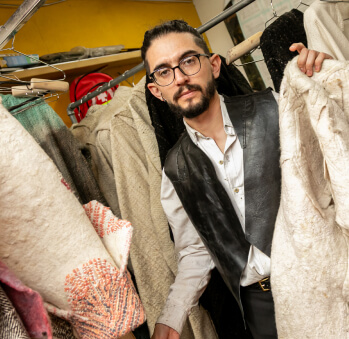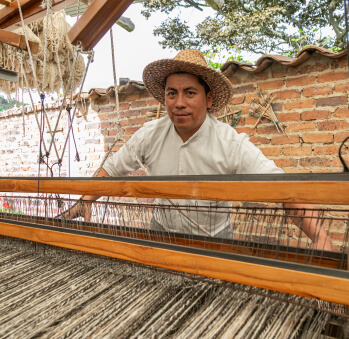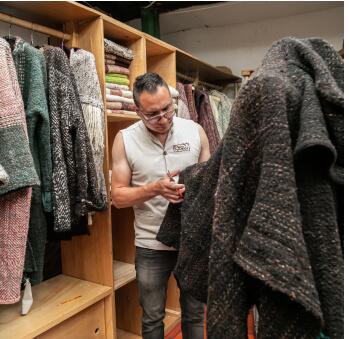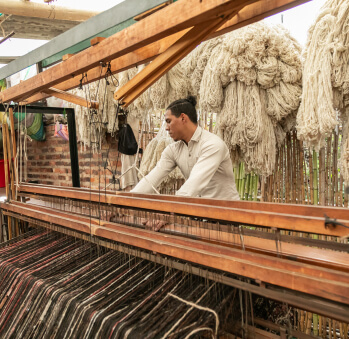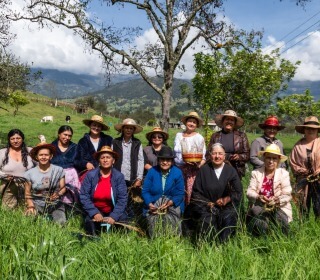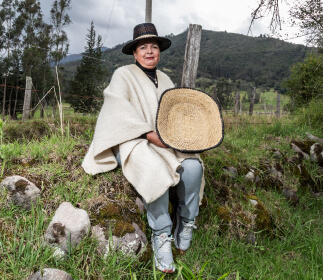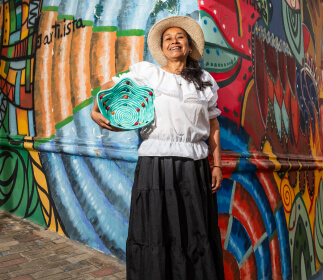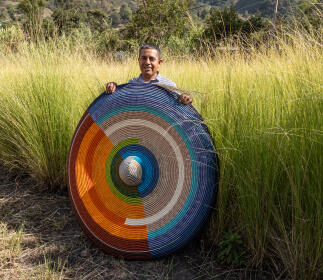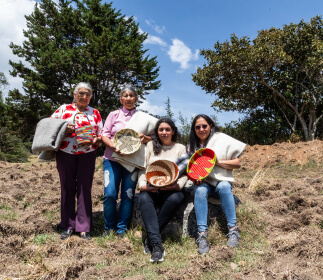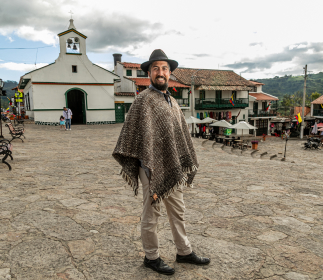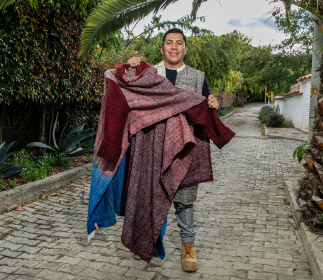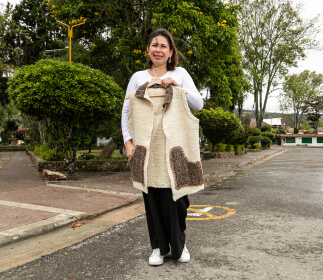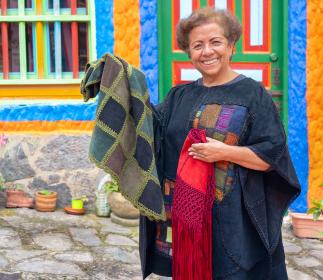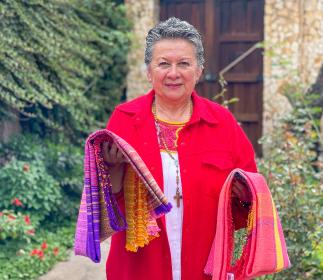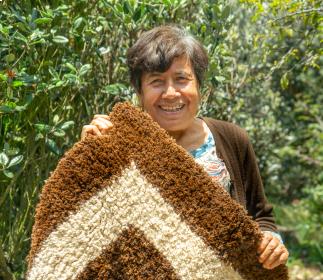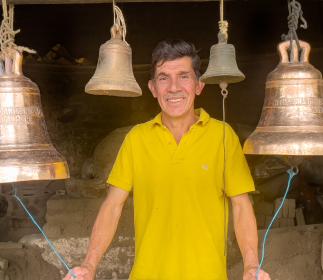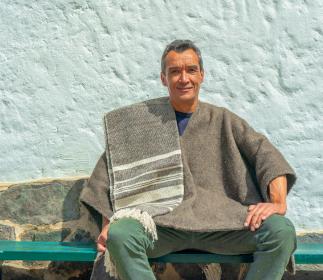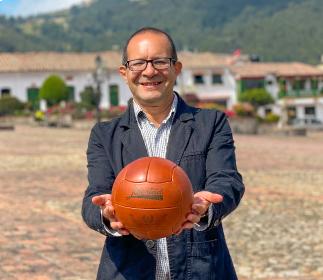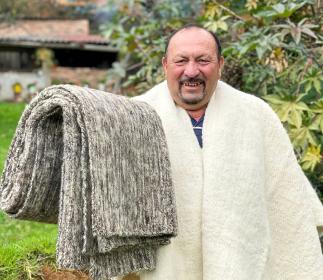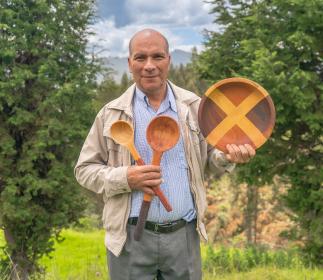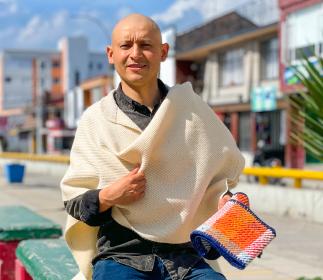Silvino Ariusto Patiño Molina
Workshop: Tejidos Rebancá
Craft: Weaving
Trail: Paipa-Iza and Paipa - Guacamayas Route
Location: Iza, Boyacá
SCHEDULE YOUR VISIT
Calle 4 #5-52 Iza, Boyacá
3143332083
tejidosrebanca@gmail.com
@tejidosrebanca
@tejidosrebanca
Where to start when there’s so much history to unpack? Perhaps we begin with his middle name, Arjusto, given in honor of the Llanero healer who removed a snake from atop him when he was just a baby in Lejanías, Meta, where he was born. Or we could start with his name, Silvino, as some might think he was named after his grandmother Silvia, but no—it’s actually after his father, Silvino, whom he lost at the age of seven, leading them to the Llanos despite they being from Boyacá, thanks to friendships with Cholo Valderrama. Another angle could be the story of Aunt Rosalba, who would bathe him in herbs to ward off the chill of death that his father might have passed on when he lifted him after helping someone just before passing. Finally, there’s the story of his mother, Ana Rosa Molina, who, in her seventies, remains as strong and resilient as ever—a true testament to bravery for raising seven children on her own, deserving of anyone’s respect.
While any of these stories could serve as a starting point, let’s focus on his grandmother, Ana Silvia Rincón. As the mother of 16, she was the inspiration for Silvino’s lifelong dedication to weaving and one of his sources of pride, having been among the first to receive the Master Craftsman Medal for her devotion to the craft. Silvino remembers that weaving was a constant in his household. His grandmother spun yarn and taught her descendants that where there’s wool, there’s no hunger. Still, weaving wasn’t a profession that provided a living wage; it was something everyone did after long workdays and to keep busy after 6 p.m. As he learned in his youth: “On the farm, you’re not taught to feel tired, stressed, or depressed.” Perhaps that’s why, and here’s another story, during his 18 years as a security guard, he spent his free time weaving. Although the craft was in his blood, it wasn’t until he studied Textile Design that he truly grasped the invaluable nature of his ancestors’ work. Embracing his love for wool, he learned about vertical and horizontal looms, knitting with two needles, crochet, small looms, and mesh.
He recalls with a sigh the days when he would go to school with a crochet bag made by his mother, which had holes causing things to fall out, but now he understands the hardship she endured and how well she did. How well these strong women who came before him did. Tejidos Rebancá was established in 2016, much later than his understanding of life began to take shape, and was named in honor of his grandmother, who raised her 16 children by selling Rebancá seeds—those little plants that feed birds and are familiar to all Boyacenses, as the carranguero Jorge Veloza even composed verses about them.
With Rebancá, Silvino has successfully elevated the value of wool craftsmanship. He vowed not to let his grandmother and mother be paid less for a full day’s work than what an hour’s worth of work would cost. Today, he pays fair prices to his spinners, positively impacting the lives of 50 families in the nearby town of Iza, where he settled with his partner Francisco Gómez. Francisco helped bring fashion, style, and specialization in natural dyes to their business. They work with ten people in their workshop and are revitalizing seven more workshops in town, aiming to restore Iza’s former prominence as a leading producer of blankets in Colombia. It was once a weaving hub, with at least three looms in every home. Now, hearing the sound of looms again and seeing the craft revived comforts him. For him, seeing other young people succeed in the craft has become an inspiration for the next generation to embrace life surrounded by wool.
Craft
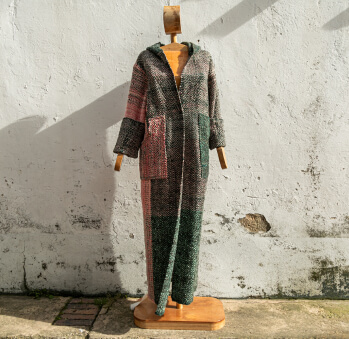
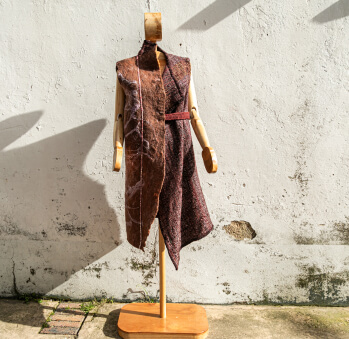
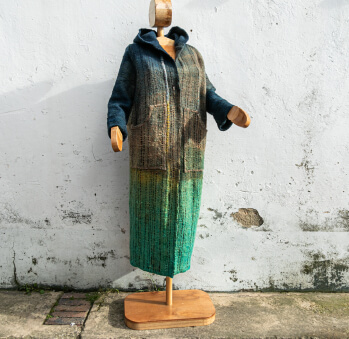
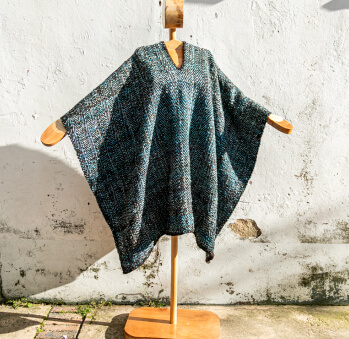
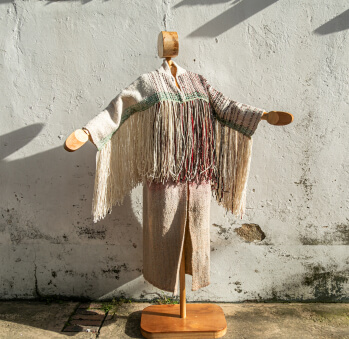







Artisans along the way
Artisans along the way
No puede copiar contenido de esta página

